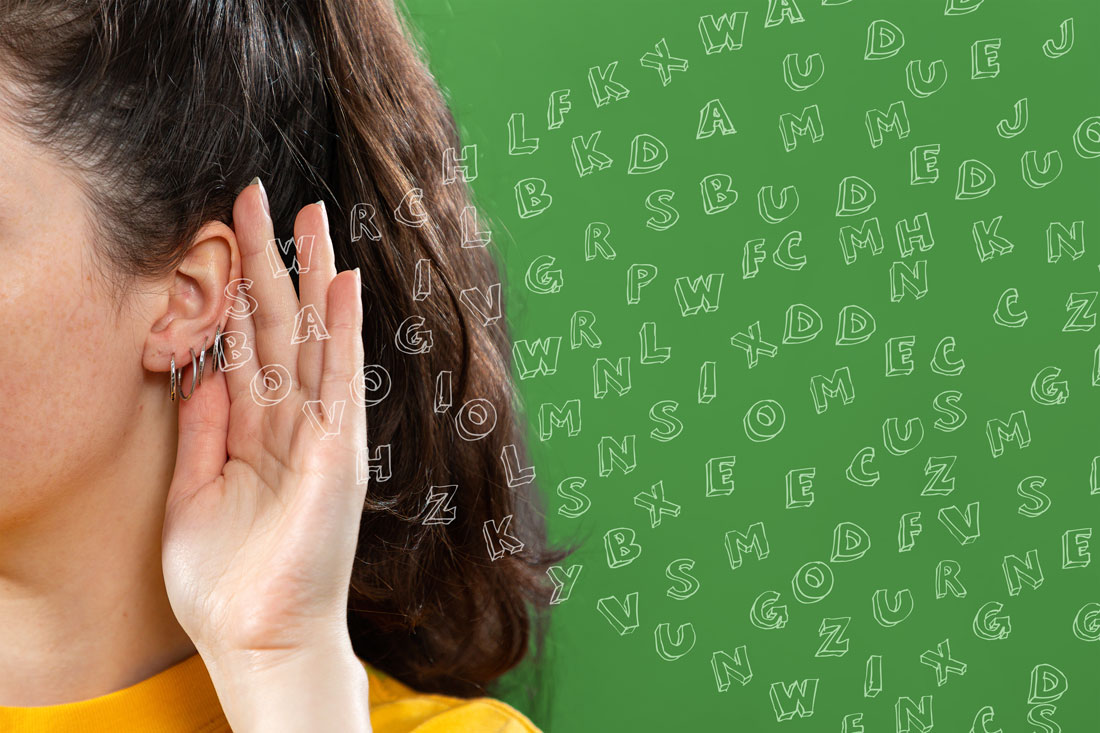We all have an accent. Whether it’s something we’re conscious of or not, we are all influenced by the people who spoke around us growing up. It’s incredibly personal to us: our accent often signals where we and our loved ones grew up, and where we had our formative experiences. Carrying this around with us wherever we go means that accents mean a lot to many people, even if they aren’t aware of it.
One of the best ways of showcasing how important they are to us is in our response to other people putting accents on, especially when they get it wrong. A badly represented accent in film and TV can take many viewers out of the storyline, something you’ve likely experienced if you have seen the exaggerated, overly stereotypical Australian accent put on by the character Simone in American sitcom ‘The Good Place’. Whether this exaggerated accent, put on by a British actor, was intentional or not, alongside the show’s simultaneous cheap jokes about stereotypical symbols of Australian culture, at times it can feel less like a gag and more like a surface-level representation of a real community and culture that many people feel very connected to.
So, accents are strongly linked to belonging — they show that we are part of a group, that we have a shared history or culture that corresponds with that group (at least in part), and we don’t like it when this part of belonging is misrepresented in media.
In the same way that we have assumptions about people we see wherever we go, we also assume things about the people we hear. When someone speaks, your brain is probably picking up several bits of information about this person and their background, despite none of it being explicitly mentioned or even suggested by the person themselves. You could pick up on another language that the person speaks, the area of the country they live in, their gender, sexuality, or even class background.
These assumptions can lead to racism and discrimination at worst, but in other scenarios, they are simply used to subconsciously build knowledge about someone we interact with. It’s incredibly hard to stop these assumptions from occurring, but instead we can be aware of the fact that they are happening, and be able to take them with a grain of salt. Even though you may pick up on someone ‘sounding gay’ (for example, if they have a lot of features of the studied dialect of Gay Male Speech), correlation does not include causation, and you can’t automatically deduce their sexuality from their speech.
However, these assumptions we have about people’s voices often push people to try to change their voice or accent. We put on a voice when switching into customer-service mode at work, based on what we expect customers to want an employee to sound like. Some trans people train their voices in a way that makes their gender more present to other people. Dealing with assumptions is why we try, so hard, to get the perfect accent when learning a new language — we crave the satisfaction of being part of the in-group that native speakers of that language are part of, whether we do indeed share the same history and culture as them or not. It’s hard not to be self-conscious of your accent in these scenarios, because it can be incredibly isolating to sound different to the group that you want to fit in with.
In the end, it’s your voice, and you can keep it or change it how you want. I’m not saying there won’t be any judging or assumptions about you based on your accent, but I will say, we linguistics enjoyers are out there as well, gasping at a unique vowel sound; secret admirers all in all steadily but quietly adoring how you speak.





